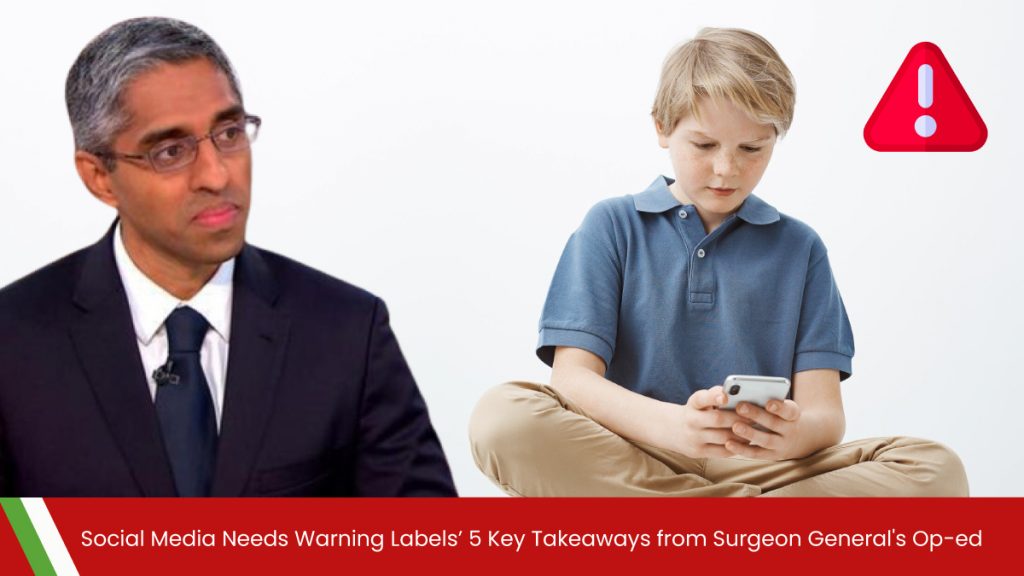Social Media Needs Warning Labels’ 5 Key Takeaways from Surgeon General’s Op-ed
In a vulnerable digital society, it’s high time for each stakeholder to ensure the online security of our future generation. […]
In a vulnerable digital society, it’s high time for each stakeholder to ensure the online security of our future generation. […]
We use cookies to ensure the best experience on our website. By continuing, you agree to our use of cookies.

Socials
Facebook
X
Pinterest
Youtube
Instagram